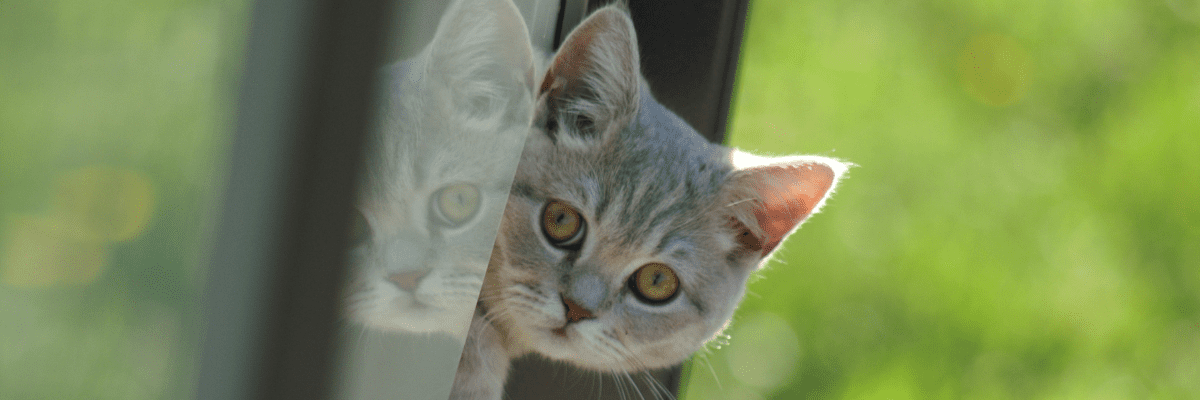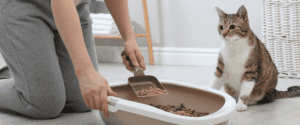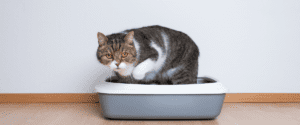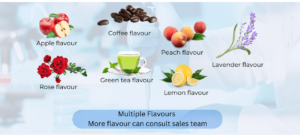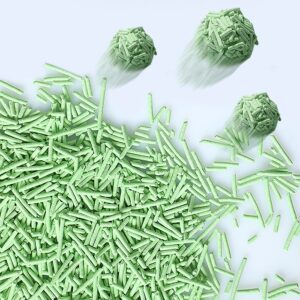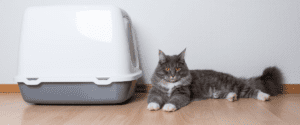As pet owners increasingly turn towards eco-friendly products, plant-based cat litters are gaining immense popularity. Made from renewable materials like corn, wheat, and walnut shells, these litters offer a sustainable alternative to traditional clay-based products. However, not all plant-based cat litters are created equal. This guide dives into the various types of plant-based cat litters, analyzing their pros and cons to help you make informed decisions for your customers.
Why Choose Plant-Based Cat Litter?
Plant-based cat litters are biodegradable, lightweight, and free of harmful chemicals, making them a healthier choice for cats and the environment. These litters also often perform well in clumping, odor control, and absorption. Wholesalers, distributors, and retailers are noticing an uptick in demand as consumers become more eco-conscious, presenting significant business opportunities.

Types of Plant-Based Cat Litters
1. Corn-Based Cat Litter
Corn-based litter is made from corn kernels or cob fragments and is one of the most popular types of plant-based cat litter.
Pros:
- Absorbency: Excellent at soaking up liquid, minimizing mess.
- Clumping: Forms tight clumps, making scooping easy.
- Odor Control: Naturally combats odors due to its high starch content.
- Biodegradability: Fully compostable and eco-friendly.
Cons:
- Dust Levels: Can produce fine dust, which may irritate sensitive cats or owners.
- Pests: Susceptible to attracting bugs or mold in humid climates.

Ideal for:
Retailers targeting eco-conscious consumers who prioritize odor control and clumping performance.
2. Wheat-Based Cat Litter
Wheat-based litter is derived from wheat byproducts and offers another biodegradable option for pet owners.
Pros:
- Natural Clumping: Contains enzymes that naturally bind moisture and form clumps.
- Odor Control: Enzymes help neutralize ammonia from urine.
- Low Dust: Generally low in dust compared to corn.
Cons:
- Tracking: Tends to stick to paws, resulting in litter being scattered around.
- Cost: Can be pricier than other plant-based options.

Ideal for:
Wholesalers catering to pet owners with multiple cats, as wheat litter is efficient in controlling strong odors.
3. Walnut Shell-Based Cat Litter
This litter is made from crushed walnut shells and is relatively new in the market.
Pros:
- Odor Neutralization: Naturally absorbs and traps odors.
- Clumping Ability: Effective clumping properties.
- Sustainability: Utilizes agricultural waste, reducing environmental impact.
Cons:
- Dark Color: Can make it harder to spot waste in the litter box.
- Availability: Less widely available compared to corn and wheat-based options.
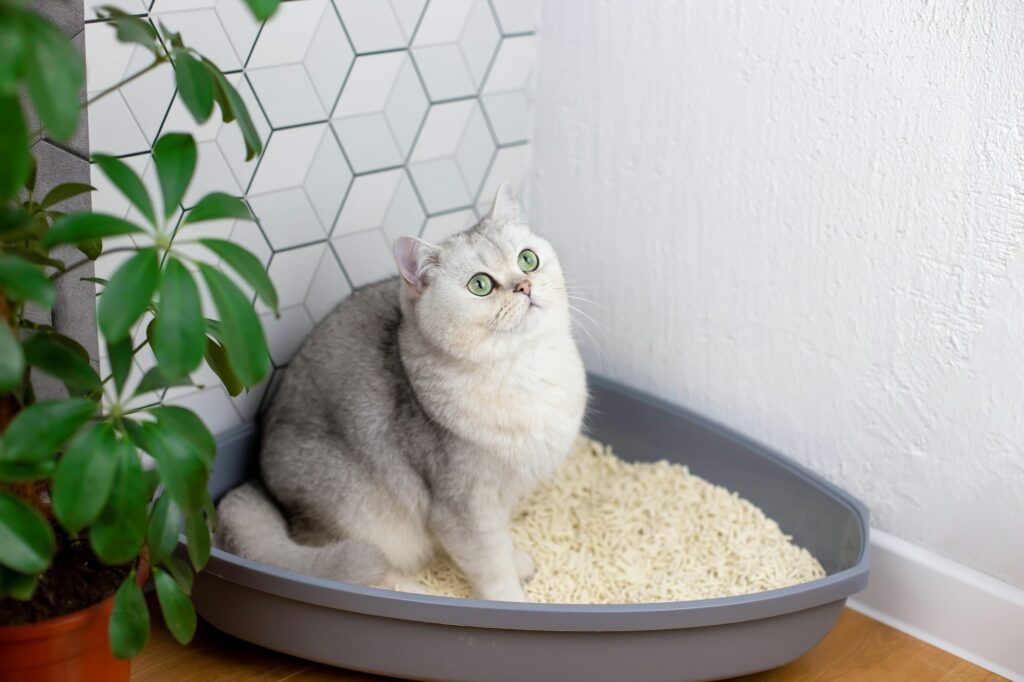
Ideal for:
Retailers appealing to premium markets looking for innovative and sustainable solutions.
4. Tofu-Based Cat Litter
Made from soybean byproducts, tofu-based litter has become increasingly popular due to its unique properties.
Pros:
- Soft Texture: Gentle on cats’ paws, especially for kittens or senior cats.
- Clumping: Forms solid clumps that are easy to scoop.
- Flushable: Can be flushed down the toilet in small quantities.
- Low Dust: Ideal for sensitive cats or humans.

Cons:
- Price: Often more expensive than other plant-based options.
- Limited Availability: Not as commonly found in retail stores.
Ideal for:
Wholesalers serving markets focused on premium, hypoallergenic, and flushable products.
5. Paper-Based Cat Litter
While not strictly plant-based, paper litter often includes recycled plant fibers.
Pros:
- Eco-Friendly: Recycled materials make this highly sustainable.
- Lightweight: Easier to handle and transport.
- Low Dust: A great option for allergy-prone households.
Cons:
- Non-Clumping: Most paper-based litters don’t clump, requiring more frequent cleaning.
- Odor Control: Less effective than other plant-based alternatives.
Ideal for:
Distributors focusing on lightweight and highly sustainable products.

Comparing Plant-Based Cat Litter: Key Factors to Consider
When evaluating plant-based cat litters, wholesalers and retailers should prioritize these aspects:
1. Absorption
Tofu and corn-based litters stand out for their exceptional absorbency, making them ideal for high-traffic households or multiple-cat homes.
2. Odor Control
Corn and walnut shell-based litters naturally neutralize odors, while wheat provides enzymatic odor control for ammonia.
3. Clumping Ability
Clumping simplifies cleaning, and tofu, corn, and walnut-based options excel in this area.
4. Dust Levels
Tofu and paper-based litters offer low dust, while corn and wheat-based varieties may produce more dust particles.
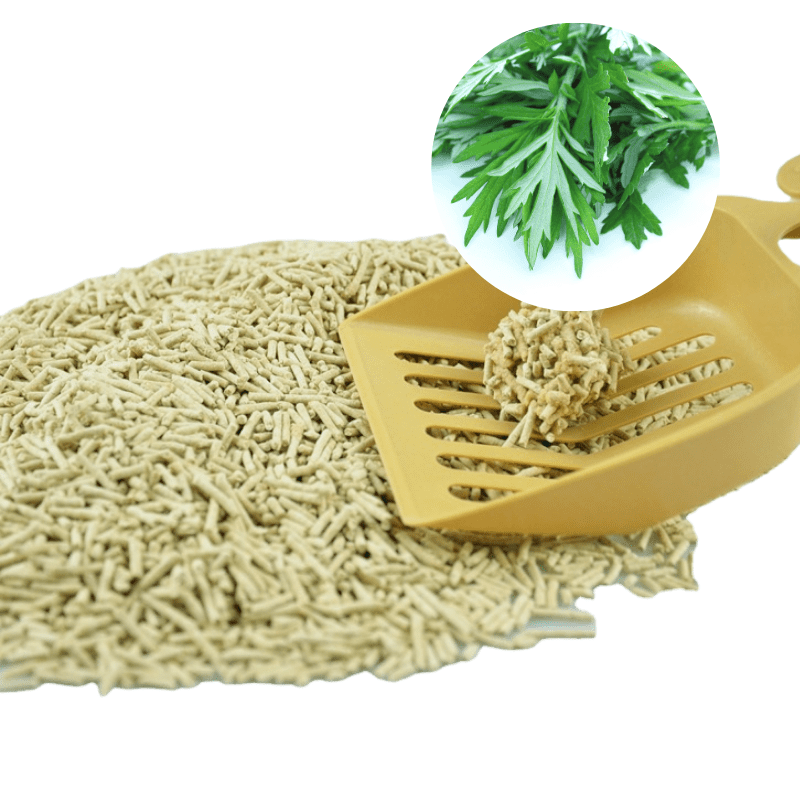
5. Cost
Wheat and walnut-based litters may have higher price points, but their performance justifies the cost for premium markets.
Real-Time Insights into Market Demand
According to recent industry reports:
- The global cat litter market is projected to reach $4.4 billion by 2027, driven by demand for eco-friendly alternatives.
- In 2024, tofu-based litter experienced a 28% growth in popularity, largely due to its flushable properties.
- Corn-based litter remains a top choice in North America, accounting for 35% of plant-based litter sales.
For wholesalers and OEM/ODM customers, investing in trending products like tofu and walnut-based cat litter can help tap into growing consumer preferences.
Final Thoughts
Choosing the right plant-based cat litter depends on balancing performance, sustainability, and customer needs. Offering a diverse range of products, including corn, wheat, walnut shell, tofu, and paper-based litters, allows wholesalers to cater to various market demands effectively.
For more insights into sourcing eco-friendly cat litter, visit Snappy Scooper. As a dedicated plant-based cat litter manufacturer, we provide customized solutions to meet your unique requirements.
